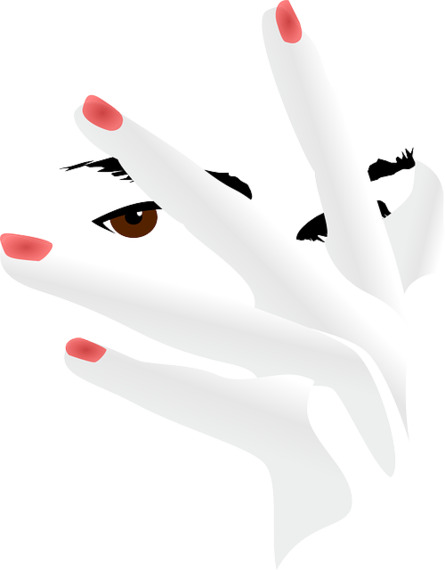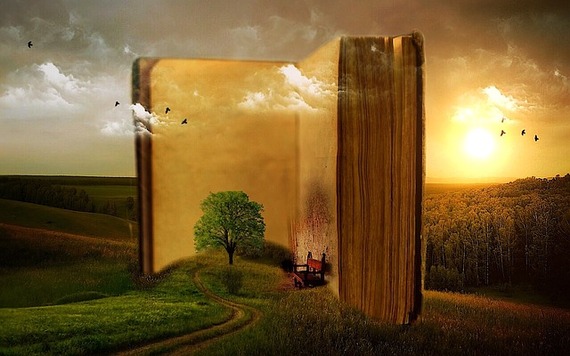When my daughter was seven years old and my son was two I picked up a well thumbed paperback at a yard sale called Bradshaw On: The Family. I thought the book was simply on parenting strategy but as I began to read it I found that Bradshaw's work focused more on his theories of the adult child syndrome, co dependence and addiction.
Bradshaw's suggestions on how to raise self confident, self aware children with genuine love and understanding hit home for me on many levels but what struck me most was the mirror that he held up to me when talking about his addiction to alcohol.
" ... I believed for years that I could stop drinking anytime. I pointed to my times of abstinence as proof of this. The fact was that I could stop. But what I couldn't do was stay stopped. "
I had stopped drinking pretty easily during both of my pregnancies and drank moderately during the year I nursed each child. Although I'd been questioning whether or not I had a drinking problem for years it seemed that if I could pass on the booze for nine pregnant months and then go slow while nursing I was in the clear. Within a few years of the birth of my second child however, I realized that my alcohol issues had not gone away with dry time. My sober pregnant years followed by years of the same old habitual heavy drinking were proving that like Bradshaw "I could stop but couldn't stay stopped."
I've never been very comfortable with the mass marketing of popular psychology or self help books with steps, and lists, and charts but I did think about doing the work sheets and following the program in Bradshaw's books to kick my addiction. The idea however, that I would have to go back through every painful experience of my childhood and grow up all over again, was overwhelming.
I just couldn't do it.
So I decided that I could figure out how to cut back on my drinking by myself...
It wasn't that bad after all... I only drank at night... and my relationship with my husband and kids was strong.
Denial...
Eight years after reading Bradshaw's book I finally got to the point where I knew I had to stop drinking and stay stopped. I still wasn't interested in work sheets or 12-step programs but thanks to the internet I found my solution through blogging on a site called HelloSundayMorning.
I don't believe that there is one type of addictive personality but I know that the loss of control all addicts experience does lead to shame. Shame leads to isolation and the solution is community. Sharing our stories and supporting others in the process of recovery is the best way to not only break the addiction but rediscover the value of who we are as individuals.
Mark Lewis's Biology of Desire is the book on my bedside table right now. I'm working through it slowly trying to digest his research on neuroplasticity but even without fully understanding the science behind his theories I know from my own experience that they are true.
As he brilliantly puts it
"The facility for viewing one's life as a narrative may be what's missing in addiction... Addicts experience something breathtaking when they can stretch their vision of themselves from the immediate present back to the past that shaped them and forward to a future that's attainable and satisfying... It feels like being the author and advocate of one's own life. It feels like being real... The many addicts who end up quitting do so uniquely and inventively, through effort and insight. Thus quitting is best seen as further development, not "recovery" from a disease."
Breaking an addiction is very hard work but if the work is done consciously and creatively the rewards are amazing.
------
Need help with substance abuse or mental health issues? In the U.S., call 800-662-HELP (4357) for the SAMHSA National Helpline.


